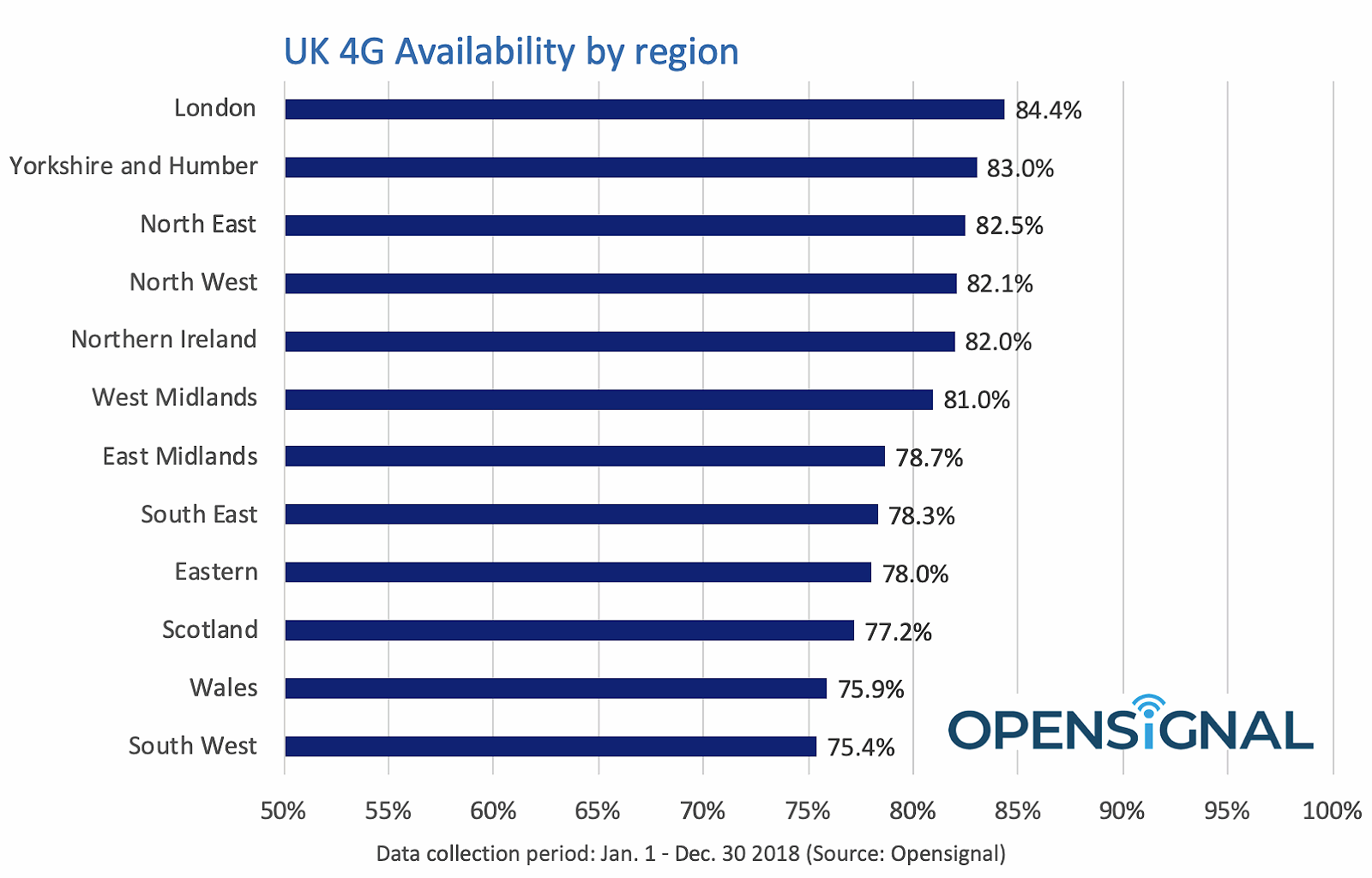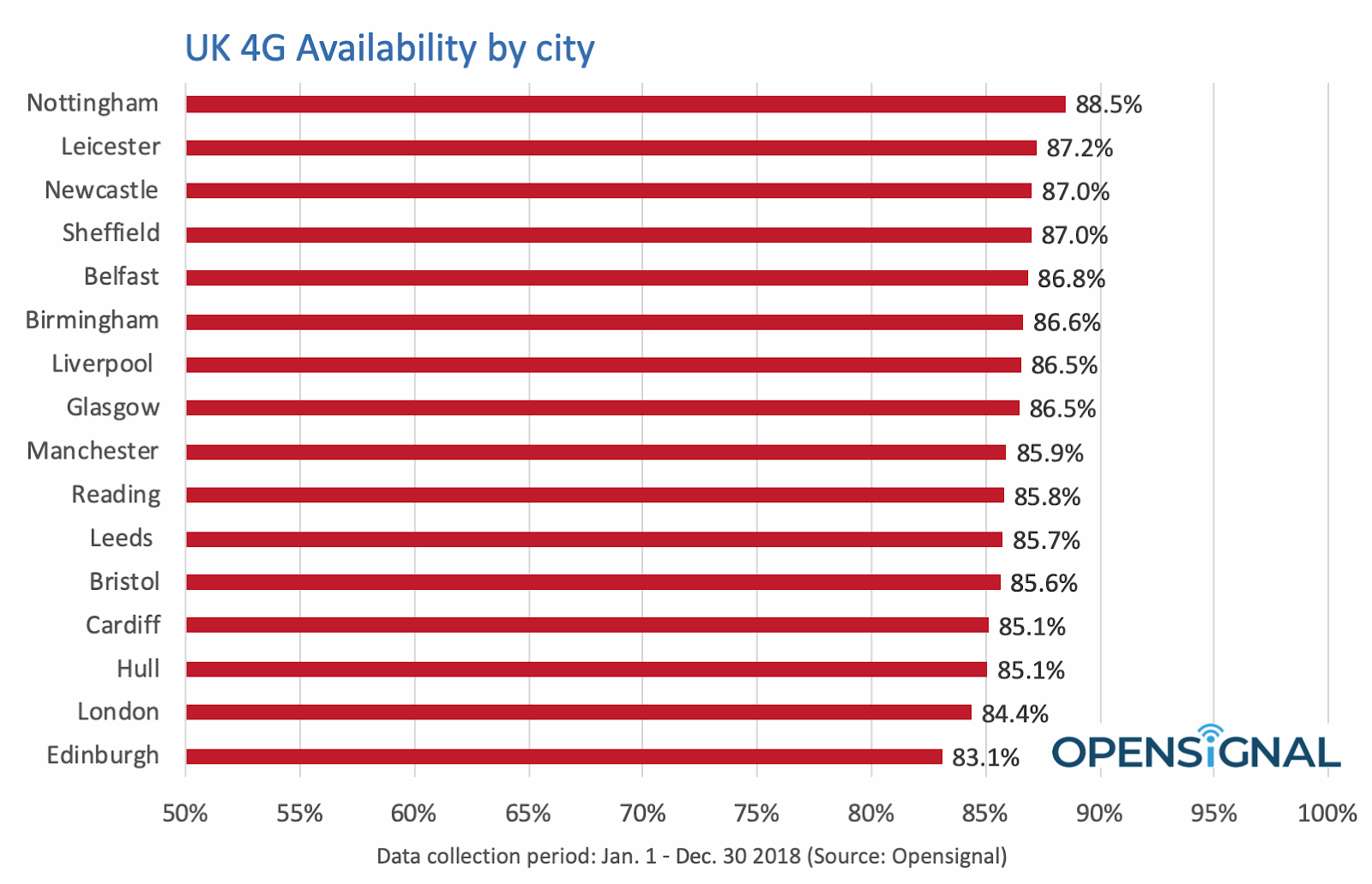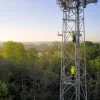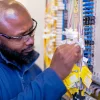Study Claims 23 Million UK People Struggle to Connect to 4G
A new uSwitch.com commissioned Opinium survey of 2,010 UK adults (conducted during July 2019), which has been complemented by data from Opensignal, claims that 23 million consumers (45%) still struggle to connect to 4G, while 5G “looks unlikely” to fix this since it will only be available to 28% of the country by the end of 2019.
At present it’s far too early to be moaning about poor access to 5G, which is only just now starting to rollout in the United Kingdom (O2 hasn’t even launched their service yet) and will probably take several years to achieve today’s level of 4G coverage, but that doesn’t seem to worry this study (it complains that 72% of the population will be “left without access to fifth-generation connectivity in the near future” – you don’t say).
Out of the 45% of respondents – equated to 23 million consumers – who said they still had trouble connecting to 4G, an estimated 5 million claim to be struggling every day with the same issue and a third (33%) of adult Smartphone users – 17.1 million people – have trouble connecting to 4G at least once a week. The study notes how this is despite Ofcom’s claim that geographic UK coverage from all four primary operators is 66% (here).
Advertisement
However the figures appear to overlook some important aspects of how consumers actually use such services (e.g. whether or not the issues are reported indoor or outdoor and how long they last). For example, in my own house 4G is fine outside but it’s weak inside and in one room it’ll drop back to 3G due to thick walls. Mobile isn’t magic, it’s limited by the laws of physicals and the associated reality of whatever environment you’re in at the time.
In terms of the Opensignal data, the study reveals that only three quarters (75%) of the South West is covered by 4G and “huge swathes of the region will miss out on 5G in the short term” (obviously.. give them a chance to roll it out first!). Wales and Scotland are also lagging behind the rest of the country in 4G availability, at 76% and 77% respectively.

The digital divide is also highlighted by the low 4G availability figures in rural areas (something that the industry and Ofcom are trying to resolve), while the UK’s major cities all have more than 80% coverage. Nottingham has the highest 4G coverage in the UK, with 89% of the city served by such networks.
Advertisement
London perhaps surprisingly comes 15th out of 16 cities, with just 84% of the capital covered by 4G (the consumer survey found 60% of Londoners had experienced trouble connecting to 4G). Only Edinburgh has worse coverage, with 4G available in just 83% of the city. Once again though, this isn’t really considering the context for those occasions where 4G is lost (deep indoors, inside lifts, underground etc.).

Despite connectivity issues it’s noted that 73% of phone users have not changed network in the past 2 years and 22% have not switched for more than 5 years, although Ofcom’s new “text-to-switch” system (here) may yet help to improve upon those figures.
Meanwhile only 14% of phone users plan to upgrade to 5G within the next year, which is hardly surprising since many will still be stuck within existing contracts, aren’t covered and others probably feel they don’t need the faster speeds (yet), or have no burning desire to get a newer phone.
Advertisement
Otherwise only 19% of respondents think 5G will improve connectivity and 30% expect it to be more expensive, even though Three UK and Vodafone have introduced it at no extra cost over 4G. Now, how about we allow 5G a few years to get its rollout going before criticising it for being unable to perform magic tricks with coverage.
Mark is a professional technology writer, IT consultant and computer engineer from Dorset (England), he also founded ISPreview in 1999 and enjoys analysing the latest telecoms and broadband developments. Find me on X (Twitter), Mastodon, Facebook, BlueSky, Threads.net and Linkedin.
« ISP Sky Broadband Adds Free UK Evening and Weekend Calls
Study – Reliable UK Broadband More Important Than Partner »
















































Comments are closed